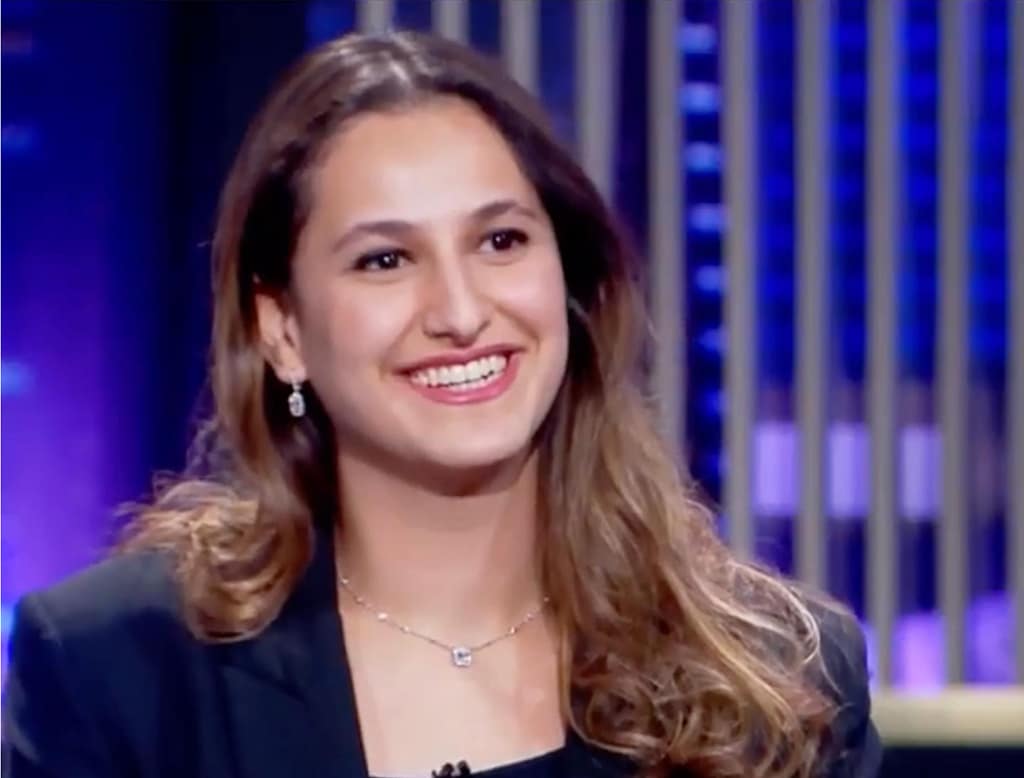
the past couple of weeks, the world has been witnessing one of the worst natural disasters of our time. Thousands in Syria and Turkey have been killed due to these earthquakes, many have been displaced, homes have been wrecked and the damage continues to increase. Not only have these earthquakes resulted in damages, but have readjusted the global ambience to be one of sadness and true loss. Therefore, my deep and sincere condolences go out to those who have been affected and I pray that their souls rest in peace.
In times like these, where a natural disaster turns into a global case of public opinion, it was compensatory to see that the world has unified into one global village and stood hand in hand to deliver the needed aid, whether from international organizations, public charitable associations or even small independent efforts such as the youth groups we have seen in Kuwait.
Despite these very humane gestures, the entire time I was following the news of the disaster, a question kept popping up with every post I found on Instagram, every tweet I read and every news report I saw: Where are the ethical boundaries of journalism drawn in our day and age? Journalism and mass media are the reason why an incident in Syria or Turkey can reach China or the US within seconds, but when should a foot be put down to say these posts, pictures and news reports are not only invading the privacy but publicizing the vulnerabilities of many?
Videos of children screaming, women bleeding, men having nervous breakdowns and pulling the injured and dead out of the rubble have surfaced in the world at a pace so fast, that no one has stopped and thought: Did these news reporters or social media characters have the permission from these people to circulate these videos on the web in a matter of seconds? And if they did, should we hold their choices of being put on the media in that state of mind accountable?
Legally speaking, do they have the mental capacity and eligibility in that situation to decide if they are willing to allow people into their private suffering? And the answer quite simply is no. Even though many do have this eligibility when they willingly go up to a news reporter and choose to speak, there are many being filmed throughout this disaster whether when harmed or being given donations without their permission.
In addition to that, many have been taking videos of themselves and sharing them while handing out those donations, which not only humiliates but insults the acceptors, being in the weakest phases of their lives. If we truly care about the people we are helping, we should also care about their dignity and self-respect.
Thus I conclude with the words of our Prophet Muhammad, peace be upon him: "Seven people will be shaded by Allah under His shade on the day when there will be no shade except His... and a man who gives charity so secretly that his left hand does not know what his right hand has given."
[email protected]



